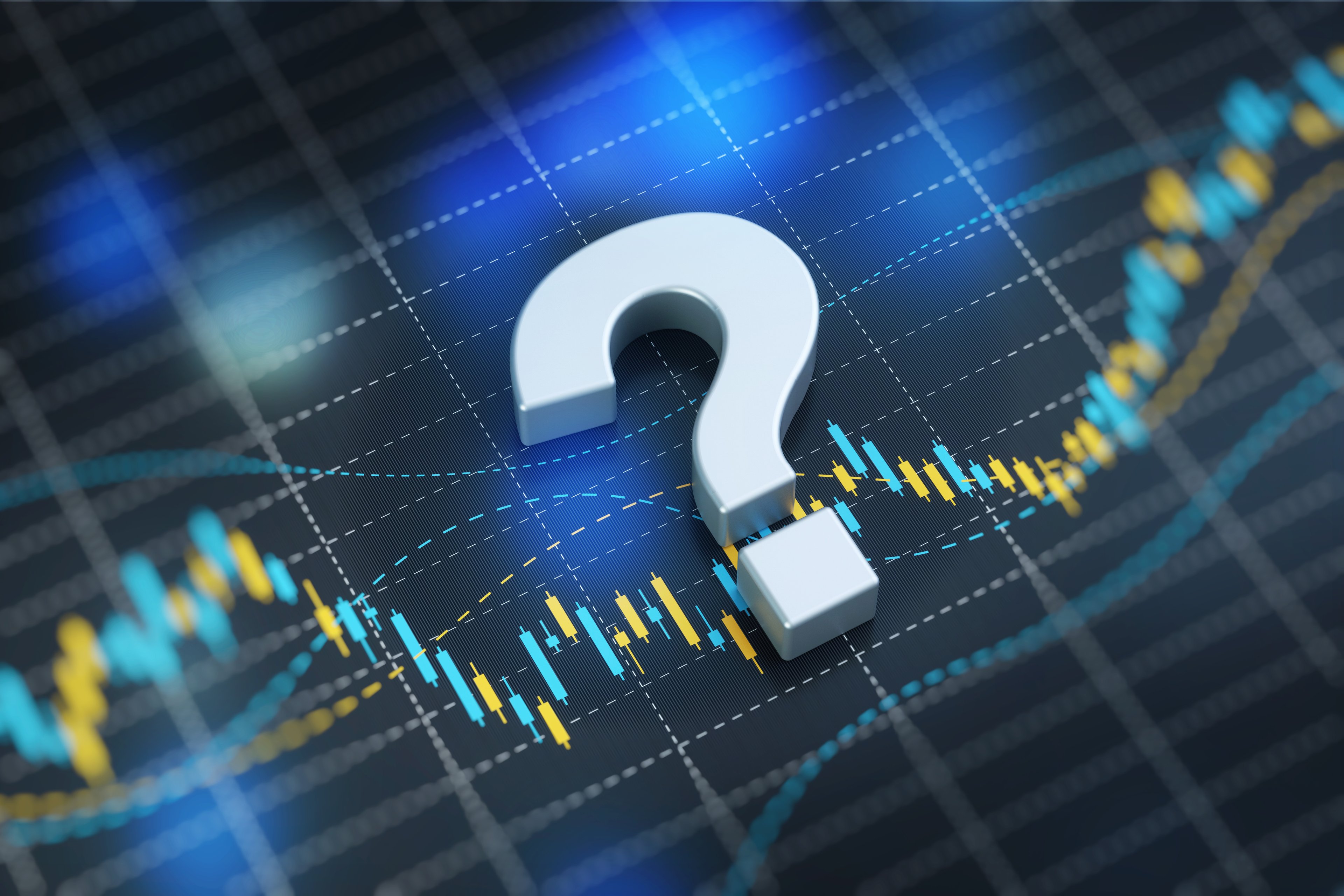Apple's (AAPL 1.01%) September event has now come and gone. With all that the Mac maker unveiled, here are two companies that could face possible headwinds in the wake of Apple's announcements.
eBay's PayPal
eBay's (EBAY +1.27%) PayPal division is the real growth driver these days. That's not to say that the marketplace business is struggling (it's not); rather, PayPal is where the company's revenue growth is coming from. There's a reason Carl Icahn was pushing eBay to spin off the PayPal business.
|
Metric |
Year-over-year growth rate (MRQ) |
|---|---|
|
Net revenue from payments business |
20% |
|
Net total payment volume |
29% |
|
Net revenue from marketplace business |
9% |
|
Gross merchandise volume |
12% |
Source: Last quarter's earnings release. MRQ = most recent quarter.
PayPal remains a strong brand with a solid position in the payments market, but the company has had limited success with expanding its presence in brick-and-mortar retail. Apple Pay represents the most cohesive strategy to date of any company attempting to reinvent the payment process, and PayPal could suffer for it. Shares of eBay fell by 6% in the two days following Apple's announcement, so investors are clearly concerned.

PayPal's app works with many local merchants. Source: iTunes.
Of course, PayPal and Apple Pay aren't exactly mutually exclusive, and in some ways will be complementary. In fact, PayPal is already planning on using Apple's Touch ID API in iOS 8 later this year to beef up the security in its own app. PayPal has made a lot of progress adding local merchants that accept in-store payments via the PayPal app. In contrast, Apple has started off by partnering with heavyweight retailers like McDonald's, Whole Foods, Macy's, and Walgreens, among others. From a user perspective, people will simply have several ways to use their iPhones to pay for things.
Still, Apple Pay represents an important threat to PayPal's ambitions. Apple has a powerful marketing machine, and it could argue that Apple Pay is easier to use and more secure -- and it wouldn't be wrong.
GT Advanced Technology
Sapphire was easily among the most widely anticipated features of the iPhone, yet Apple made no indication that the iPhone 6 and 6 Plus will use sapphire cover glass. It appears that Apple is sticking with the status quo of Corning Gorilla Glass.
The silver lining for GT Advanced (NASDAQ: GTAT) is that the Apple Watch will use sapphire in most models, which is unsurprising as sapphire is a common material found in watches. Sapphire lenses are also used on the bottom of the watch, covering the various sensors found in the Apple Watch.

Only some Apple Watch models will feature sapphire. Source: Apple.
Prospects of a sapphire iPhone have absolutely been priced in to shares of GT in recent months. Before Tuesday's event, shares were up 112% from the time the partnership with Apple was announced last November. Shares lost a quarter of their value in the 2 days following the event.
GT's full-year guidance looks awfully optimistic at this point. The company has been expecting to generate $600 million to $700 million in revenue this year, which seems unreachable at this point. The company expected the sapphire business to comprise 80% of its revenue outlook (including its furnace equipment business).
For context, GT has generated $80.5 million in revenue during the first half of the year, meaning it still needs nearly $520 million in sales just to hit the low end of its guidance.
The disconcerting part is that it seems GT was unaware of what applications Apple was intending to use sapphire for. Investors probably assumed that GT knew but naturally wasn't saying due to contractual obligations. Apple suppliers are accustomed to dodging analyst questions about their iRelationship, but here's an interesting tidbit from the May conference call [emphasis added]:
Raymond James analyst Pavel Molchanov: Thanks for taking the question, guys. A high level one first. Everybody out there is trying to figure out which product Apple will be applying sapphire to, and I know you can't disclose that, but do you believe that Apple will eventually disclose what those products are, and if so, what might the timetable be for that announcement be?
GT Advanced CEO Tom Gutierrez: I think you're assuming that I have all of those answers. I think you'll know what they're doing when they announce it. I can tell you that we are producing Sapphire and that I expect the Sapphire that we produce will be fully utilized, but I can't speak to the applications, the timing, the ramp, or any of those other things that are competitively sensitive to my customer.
Assuming GT has all the answers may have been misplaced, and GT could have been caught off guard as well. The Apple Watch doesn't ship until 2015, and even then the quantities needed for a watch are far less than for a smartphone. A guidance reduction might be in the cards.






